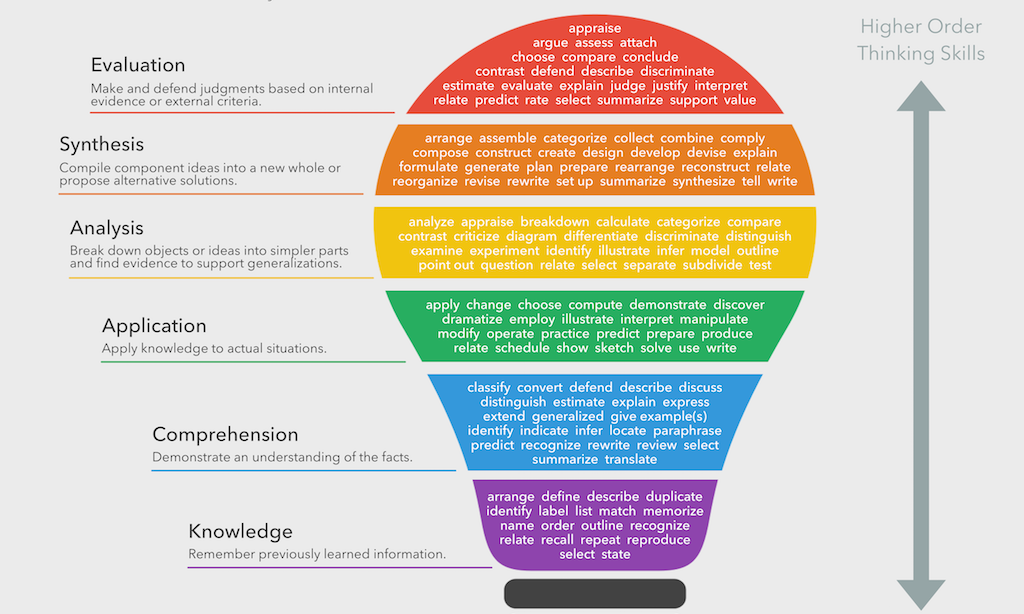by Dave Winsborough and Tomas Chamorro-Premuzic
At the start of 2016 Google announced that it had discovered the secret ingredients for the perfect team. After years of analyzing interviews and data from more than 100 teams, it found that the drivers of effective team performance are the group’s average level of emotional intelligence and a high degree of communication between members. Google’s recipe of being nice and joining in makes perfect sense (and is hardly counter intuitive).
Perhaps more surprising, Google’s research implies that the kinds of people in the team are not so relevant. While that may be true at Google, a company where people are preselected on the basis of their personality (or “Googliness”), this finding is inconsistent with the wider scientific evidence, which indicates quite clearly that individuals’ personalities play a significant role in determining team performance. In particular, personality affects:
- What role you have within the team
- How you interact with the rest of the team
- Whether your values (core beliefs) align with the team’s







 A new face at the top brings new hopes, and often, new strategic priorities. When Target hired Brian Cornell as CEO in 2014, expectations were high that he would inject fresh energy into one of the largest U.S. retail chains. When that same year Microsoft replaced CEO Steve Ballmer with Satya Nadella, the move signaled the possibility for major change. Indeed, the company eventually announced its strategy to venture massively into cloud computing.
A new face at the top brings new hopes, and often, new strategic priorities. When Target hired Brian Cornell as CEO in 2014, expectations were high that he would inject fresh energy into one of the largest U.S. retail chains. When that same year Microsoft replaced CEO Steve Ballmer with Satya Nadella, the move signaled the possibility for major change. Indeed, the company eventually announced its strategy to venture massively into cloud computing.